That sprawling list of possible explanations for your breakout just gained a new entry. Right next to humidity and hormones, you can add: broken moisture barrier.
As important as it is vulnerable, the moisture barrier has gone from practical obscurity to being one of skincare's most talked about culprits for skin issues. From texture to inflammation (and yep, pimples), the health of your moisture barrier can directly decide the health of your skin.
So, in the case that those heavy-duty actives aren’t helping or banning [insert niche food here] isn’t working—we’re putting forth a new suspect for wtf is going on with your skin.
Your acne? It might actually be a moisture barrier problem.
What is the moisture barrier?
You’ve likely heard of the moisture barrier before, or maybe by its other alias: the skin barrier. But for our barrier beginners, the moisture barrier is exactly what it sounds like.
It’s the final layer of the skin, or the epidermis (if you’re fancy), that’s there to protect the skin from pollutants, dehydration, toxins, and irritation. It’s made up of tightly bound cells of ceramides and fatty acids—and when those get stripped away, the moisture barrier is compromised.
How to damage your moisture barrier?
The moisture barrier is a bit thin skinned. Literally and figuratively. Meaning it can be upset by lots of factors. Harsh skincare ingredients. Pollutants. Sun exposure. Excessive cleansing. A lack of forehead kisses. (No.)
This damage doesn’t happen overnight so don’t fret if you think you cleansed your face too hard this morning (but don’t make a habit of it).
Instead, it happens gradually over time as your skin barrier’s natural oils are depleted and not restored.
How to know if your moisture barrier is damaged?
Given there’s a bunch of telltale signs to look out for, we’d direct your attention over here for a breakdown on all things barrier damage. So you can dig beyond the surface (pun very much intended) on all things moisture barrier.
But for a quick rundown of the usual suspects. A damaged skin barrier will cause:
- Increased breakouts
- Irritation
- Itchy, flaky, peel-y skin
- Redness
- Inflammation
How does a compromised moisture barrier cause acne?
If you’re currently in the thick of breakouts (!), texture (!), excess oil (!) all over your face (!), our theory that it could be a matter of moisture might seem backwards. But stick with us.
The average person loses around 300-400ml of water through their skin each day through a process called transepidermal water loss or TEWL. TEWL happens when water is evaporating through your skin and into the air—and moisture damaged barrier or not, it’s happening to all of us. All the time. (That’s why we moisturise.)
But when your moisture barrier is damaged, this process is made worse—leading to some serious dehydration. Your skin will likely try to quench its thirst by compensating (and a lot of the time, overcompensating) with oil production.
This excessive oil creates the prime conditions for blemishes and acne breakouts.
How to know if your breakouts are caused by a damaged skin barrier?
Very annoyingly for us skintellectuals, damaged-skin-barrier-caused breakouts don’t have a specific look that makes them quick and easy to clock. So instead of interrogating your skin, we’d recommend interrogating what you’ve been doing to it.
Have you been a bit too trigger happy with the actives and exfoliants? Using too regularly or excessively? Stacking ingredients that shouldn’t be used together? Mixing retinol with AHAs? Cleansing with harsh scrubs? Getting too much time in the sun?
Is it purging or is it a damaged skin barrier?
Say you just started using a heavy duty new exfoliant—and now, you’re breaking out.
Sometimes, our skin responds to new products with a purge: a flare up of acne as your skin adapts to this new product. A purge will be temporary and directly line up with starting a new product. It should pass in four to six weeks as you continue to use the product.
Of course, a breakout due to a damaged skin barrier could also be caused by the use of intense products. But the damage takes a longer period of time to happen and unlike a purge, it won’t clear up on its own just with time.
So what now?
If you sheepishly nodded along to some of those barrier-damaging faux pas, don’t worry! The best thing about our moisture barrier is that it can definitely be healed with a bit of TLC.
First things first, keep it simple. If you’ve overwhelmed your skin barrier with too many actives and harsh ingredients, the best thing you can do is simplify.
Ditch the heavy-duty stuff and opt for a cleanser, a nourishing moisturiser and SPF. Replenish your moisture barrier by opting for a product rich in essential fatty acids like vitamin F to help nurse your barrier back to health.





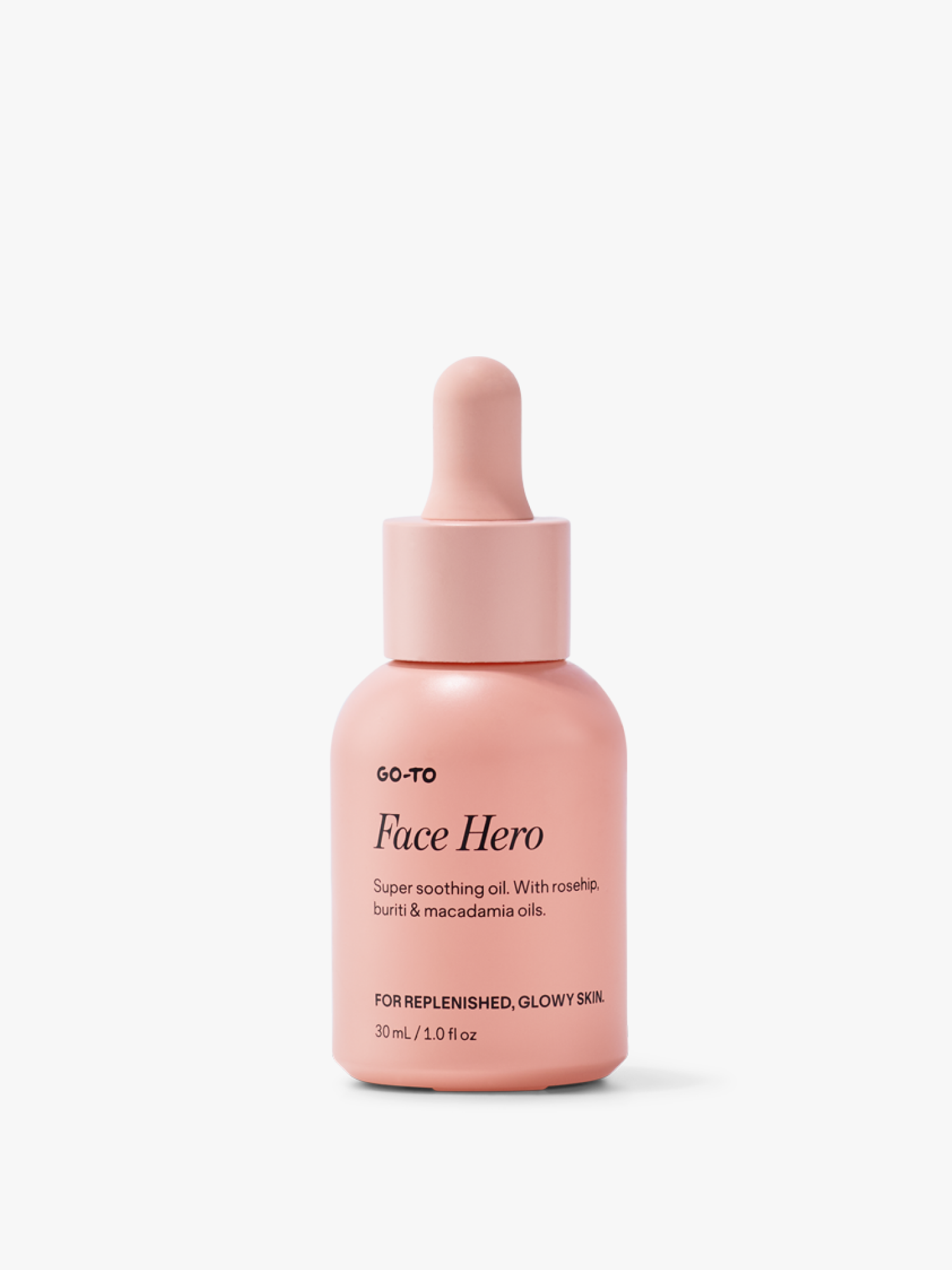
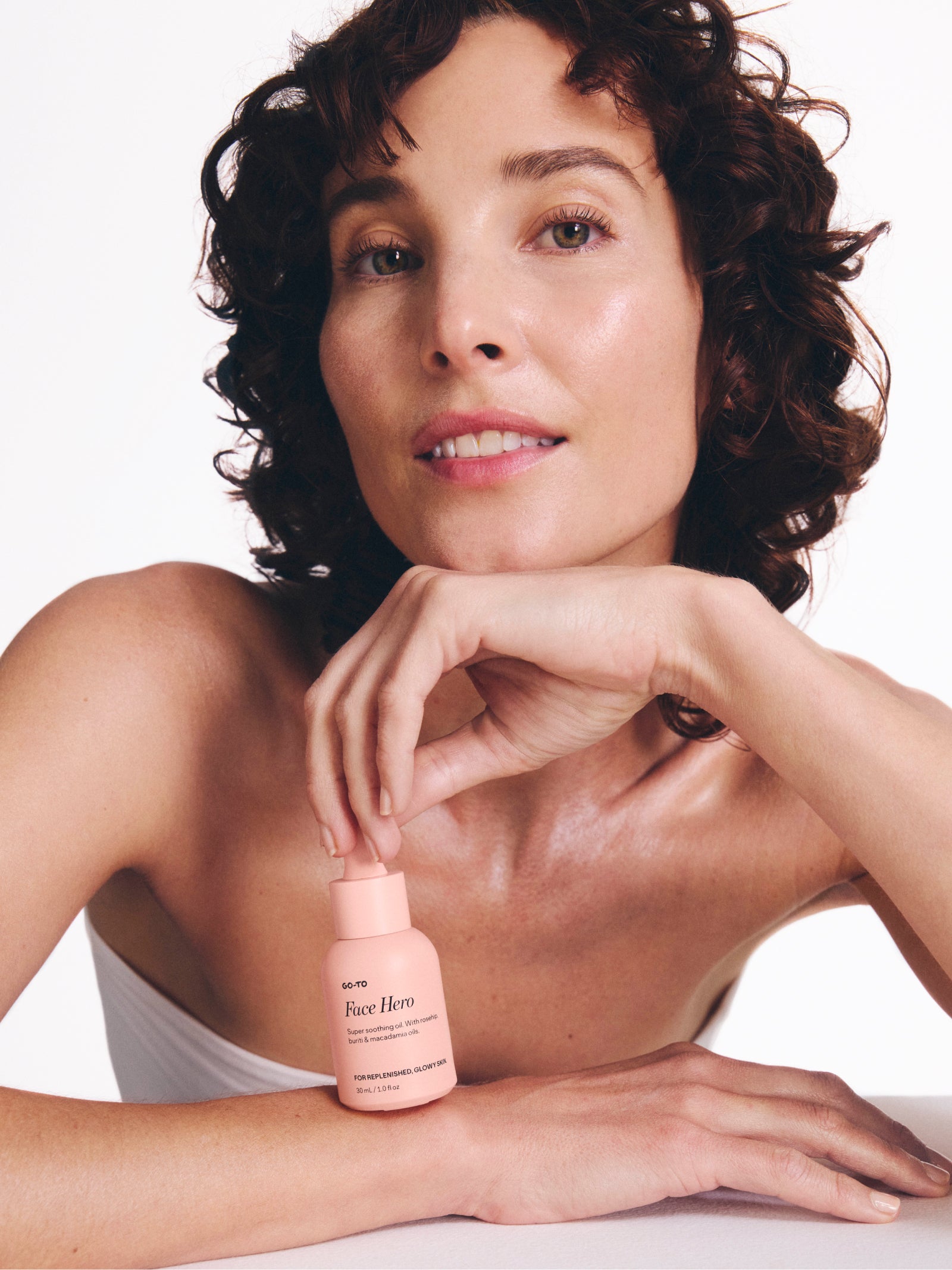
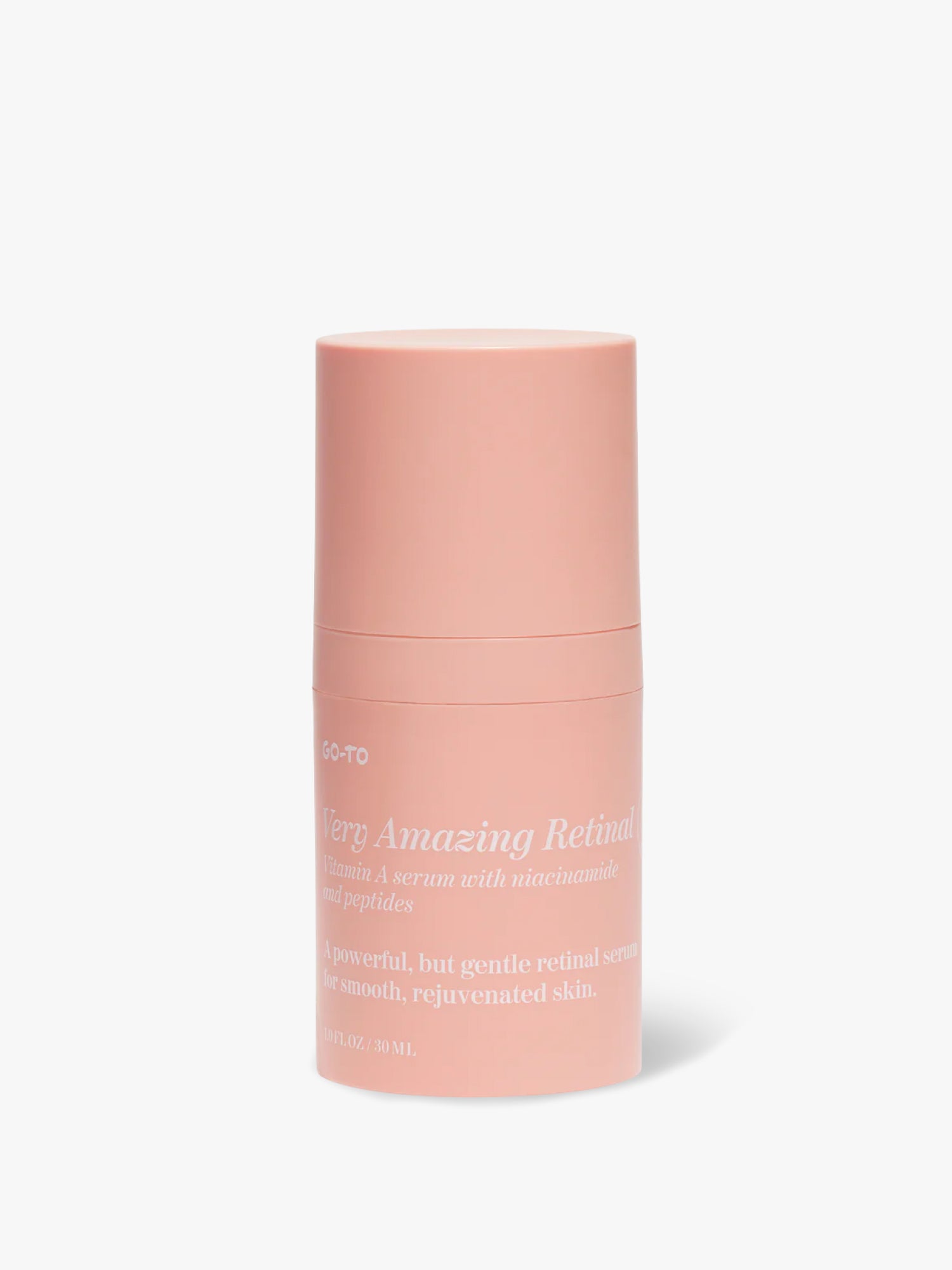





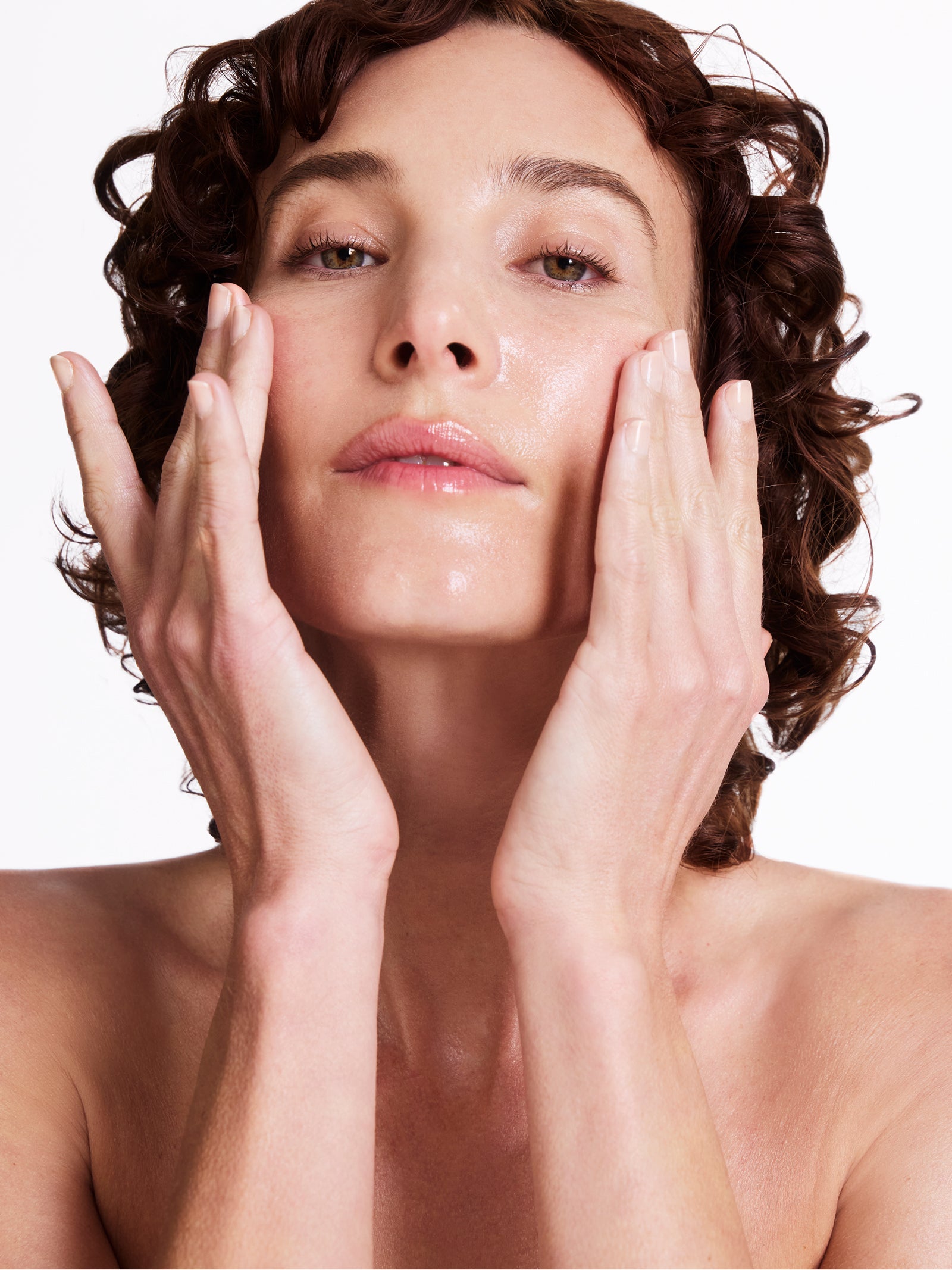
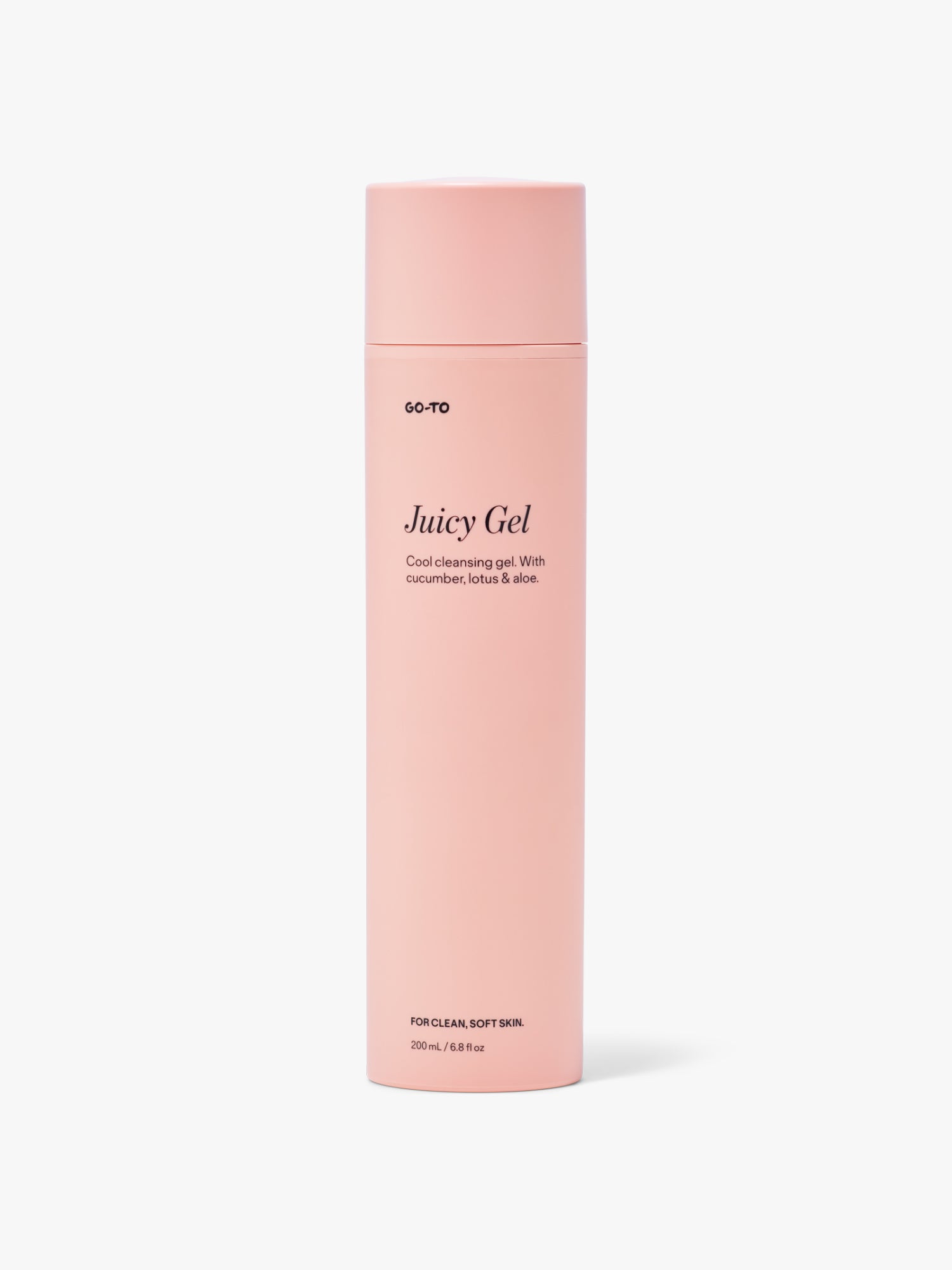
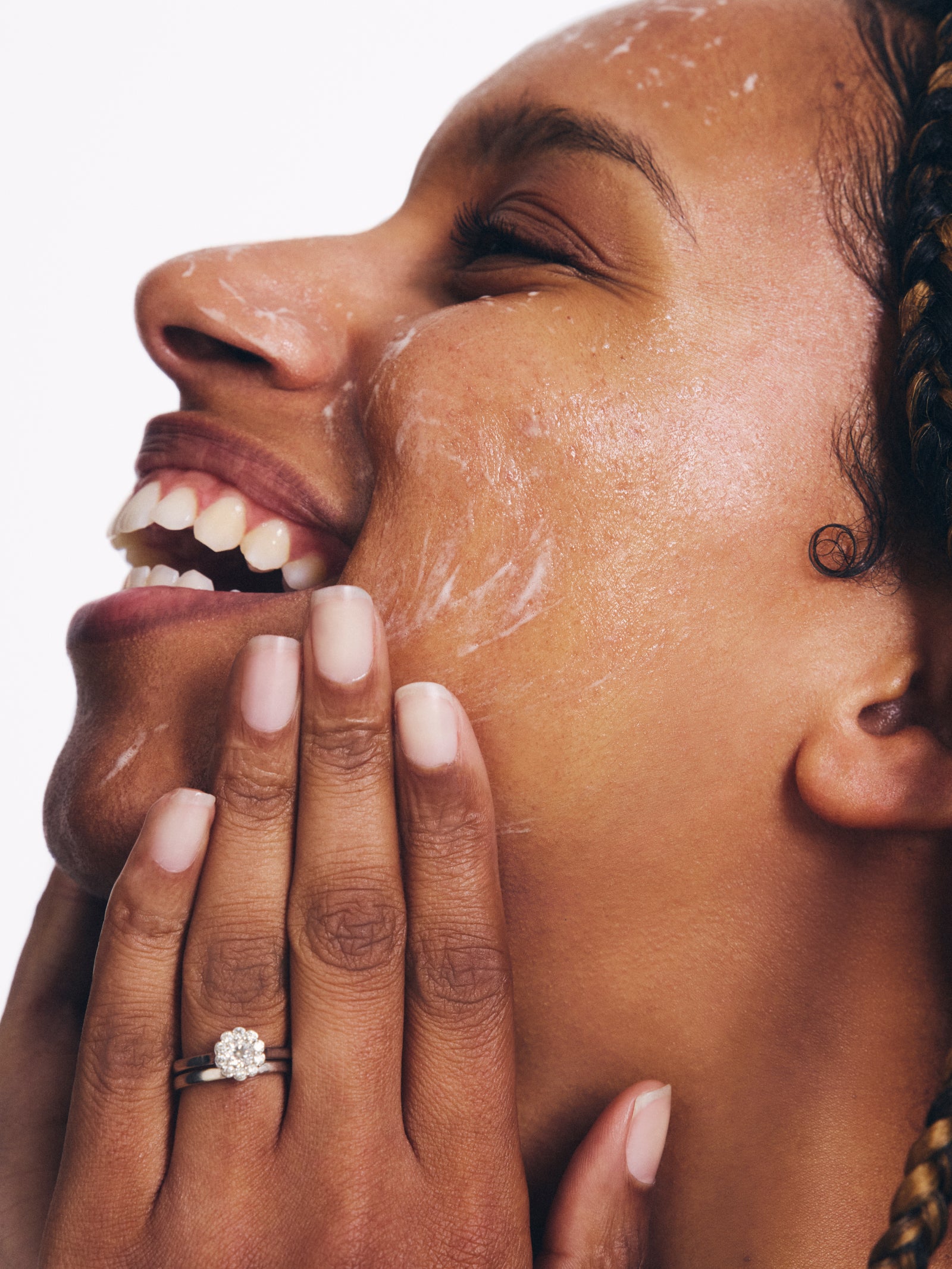

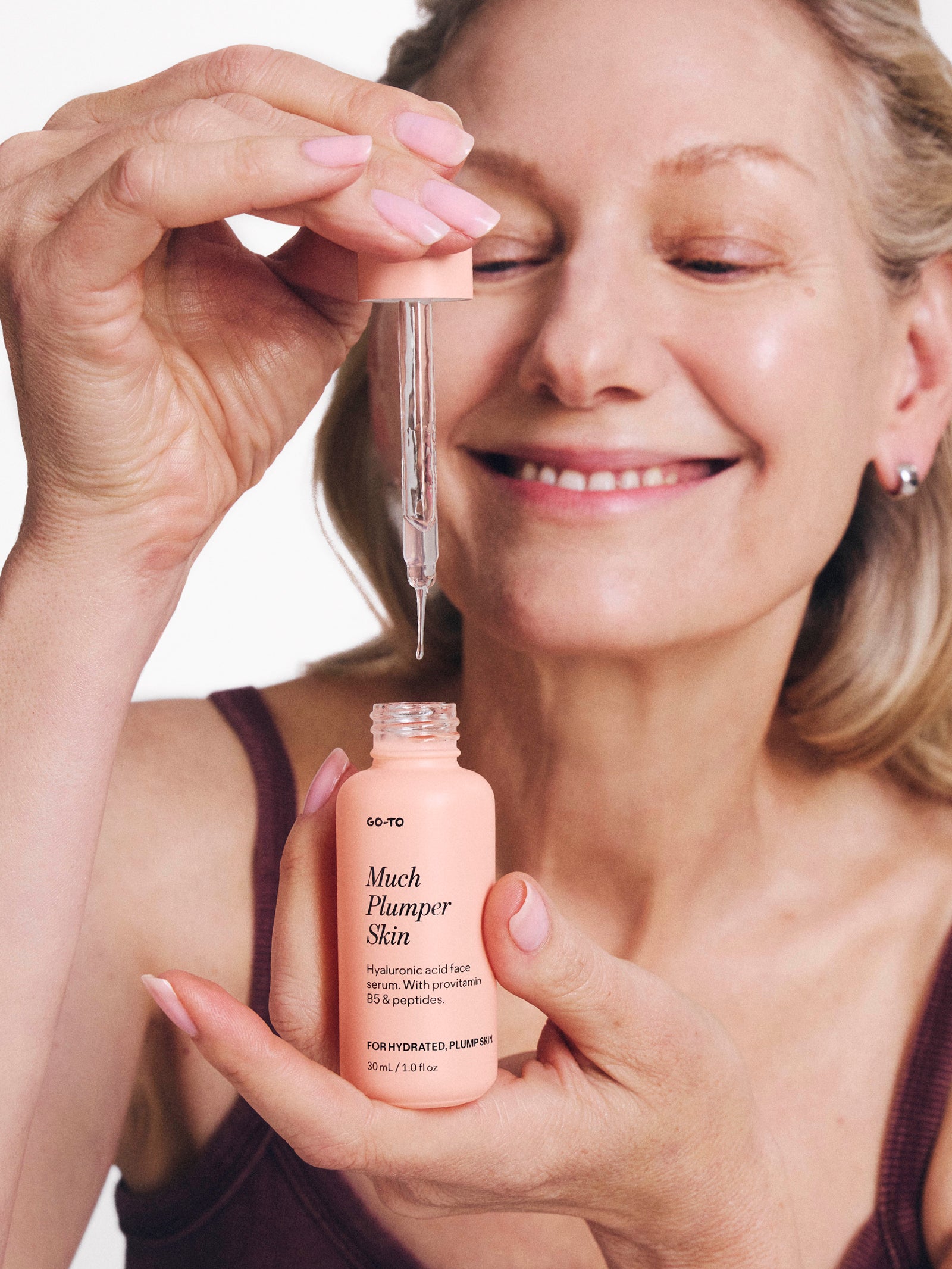
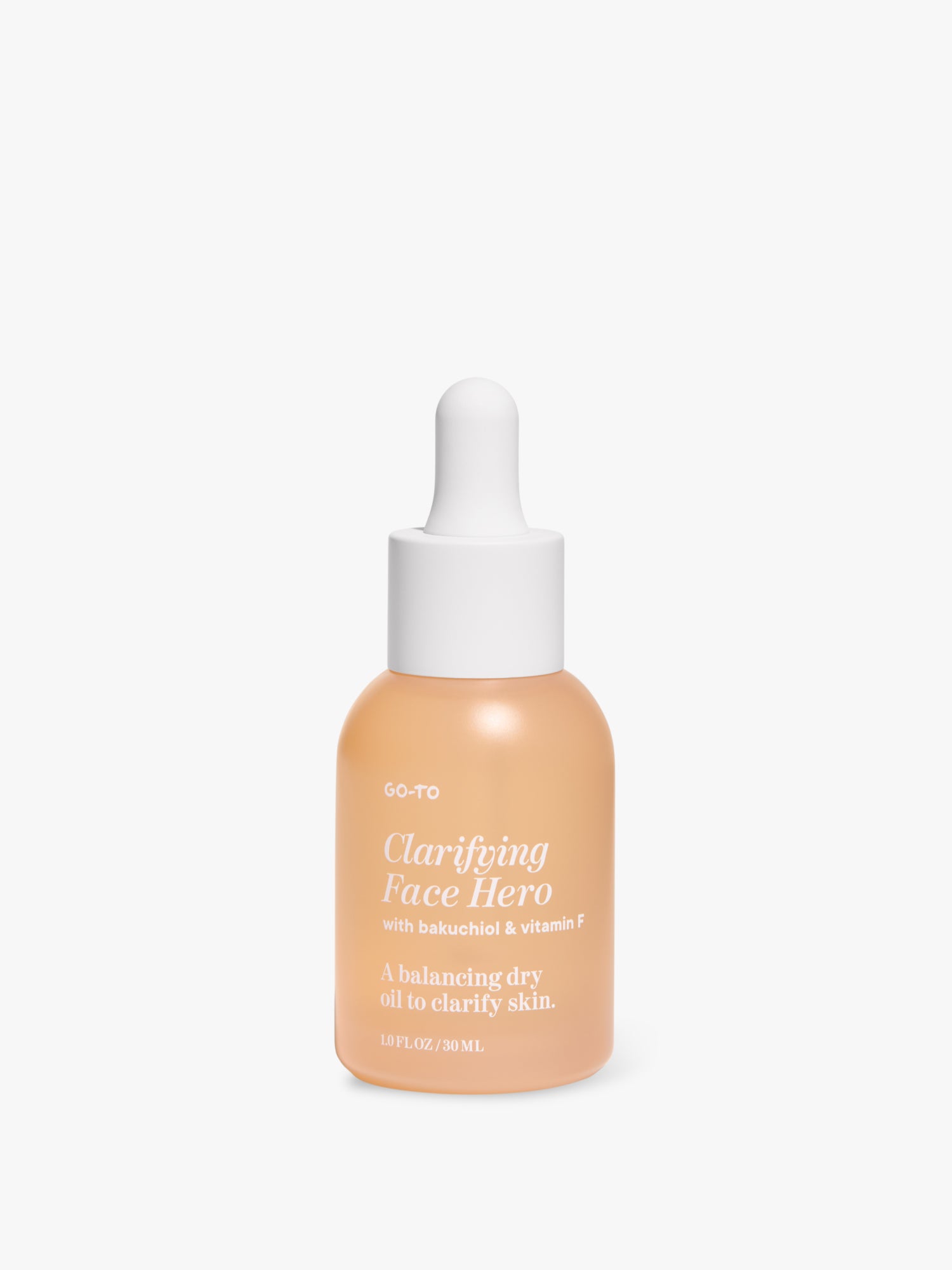

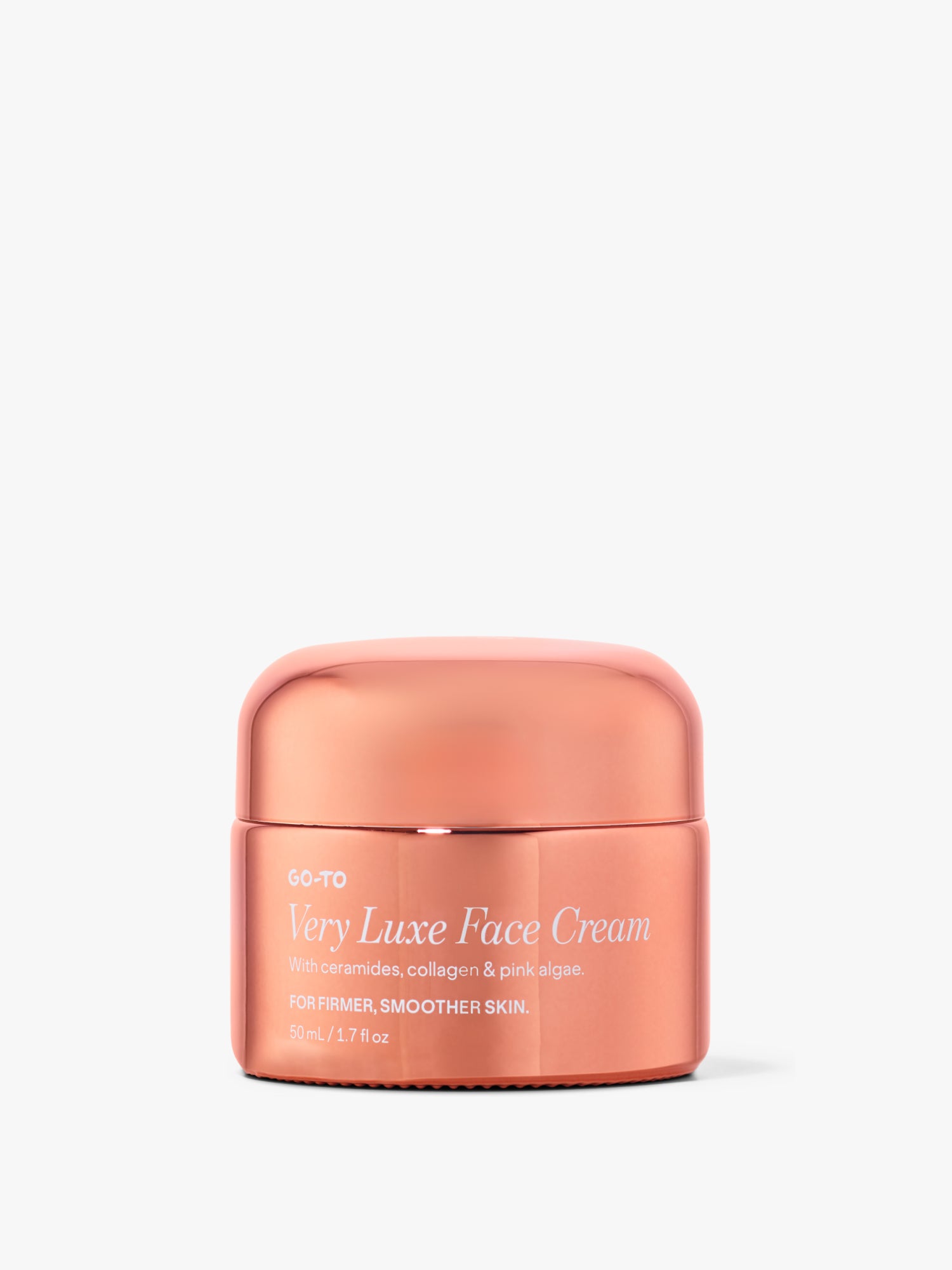


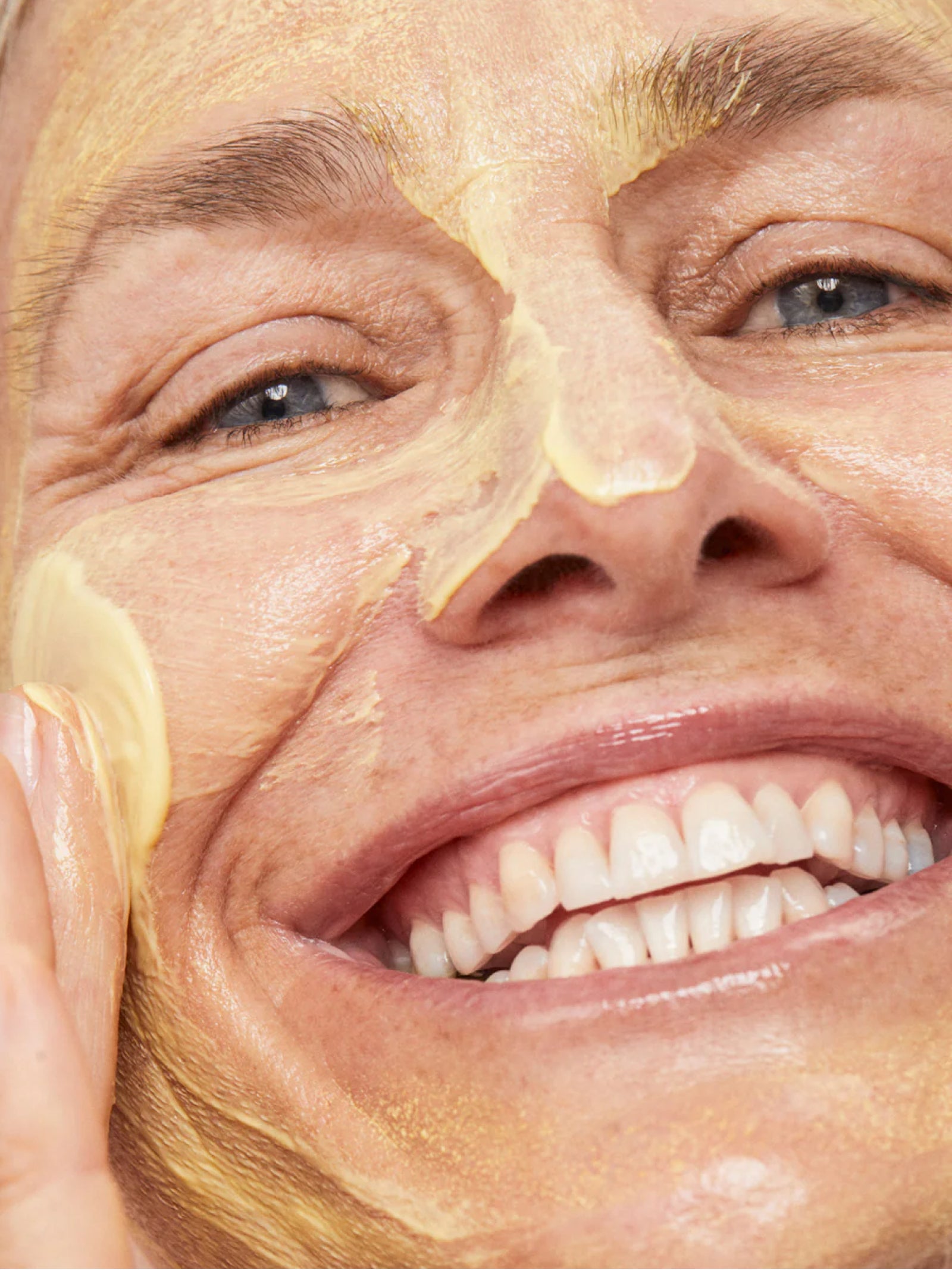
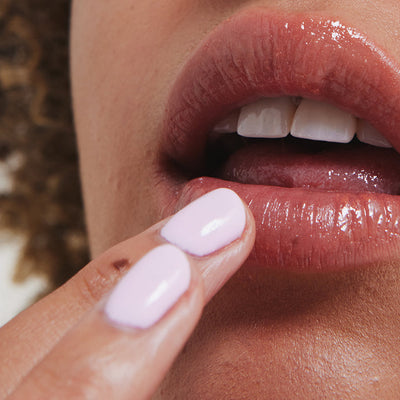

Comments